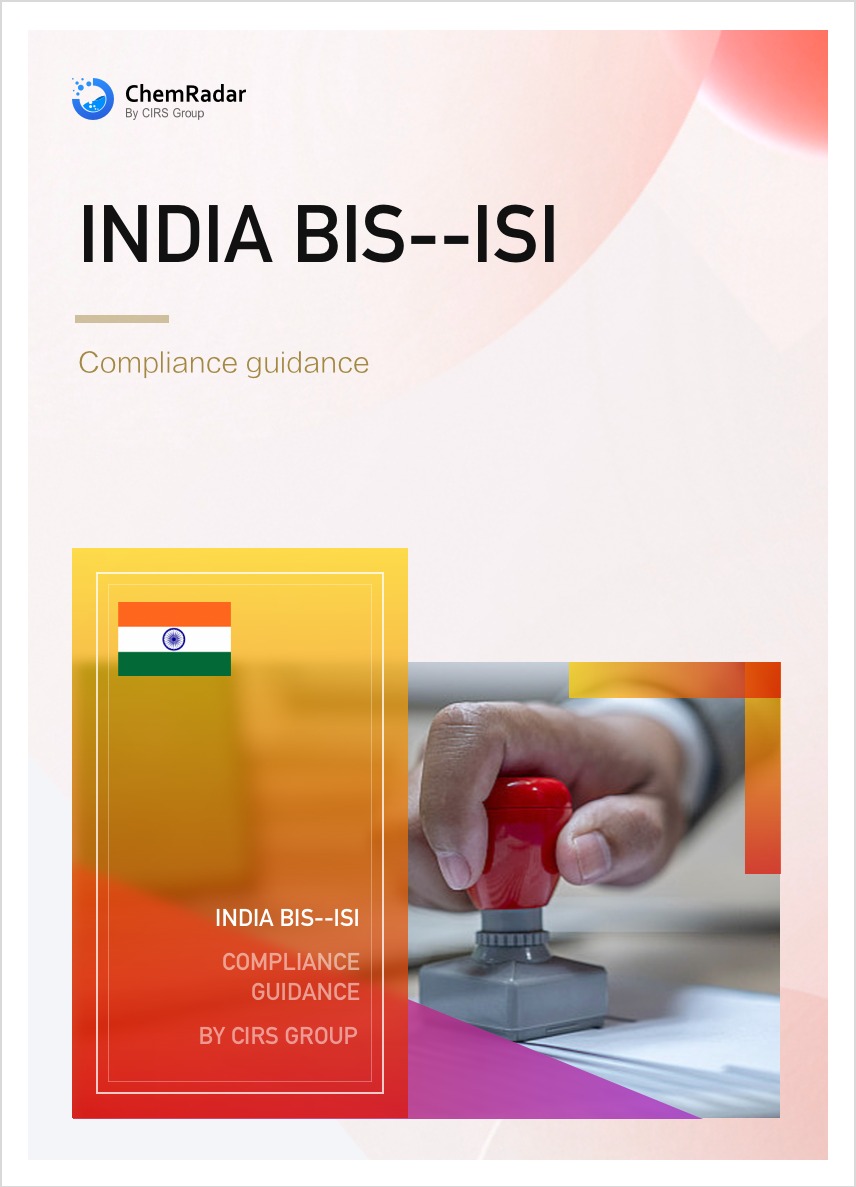On October 8, 2025, the Directorate General of Foreign Trade (DGFT), under the Ministry of Commerce and Industry, announced a new policy to strengthen the export management of second-generation (2G) ethanol. The policy is effective immediately and aims to regulate export procedures while promoting the use of environmentally sustainable biofuels.
Key Details of the Notification
Issued under the Foreign Trade (Development & Regulation) Act, 1992 and the Foreign Trade Policy 2023, the new rules were formally introduced via Public Notice No. 32/2025-26 dated September 24, 2025. The policy modifies export regulations for products classified under HS Code 22072000 – ethanol and other denatured alcohol, of any concentration, for industrial or fuel use.
What Is Second-Generation (2G) Ethanol?
Second-generation ethanol refers to ethanol produced from non-food biomass and waste materials, such as: Cellulose-based feedstocks (e.g., bagasse, wood waste, industrial residues).
- Agricultural and forestry residues (including rice straw, wheat straw, corn stover)
- Non-food crops (such as grasses and algae)
This type of bioethanol is recognized for its low CO₂ emissions, significant potential for emission reduction, and the fact that it does not compete with food crops for land.
Export Conditions
Under the revised policy, exporters may export 2G ethanol for both fuel and non-fuel purposes, provided they meet the following regulatory requirements:
- Obtain a valid Export Authorization Certificate
- Secure raw material certification from the designated authority
All export shipments will be subject to verification by appointed agencies to ensure compliance with the new standards. In addition, the exported ethanol must conform to the latest version of the IS 15464 standard specification.
This new policy framework for 2G ethanol exports has officially taken effect, aligning with India’s goals for environmental sustainability and transition toward green energy.


